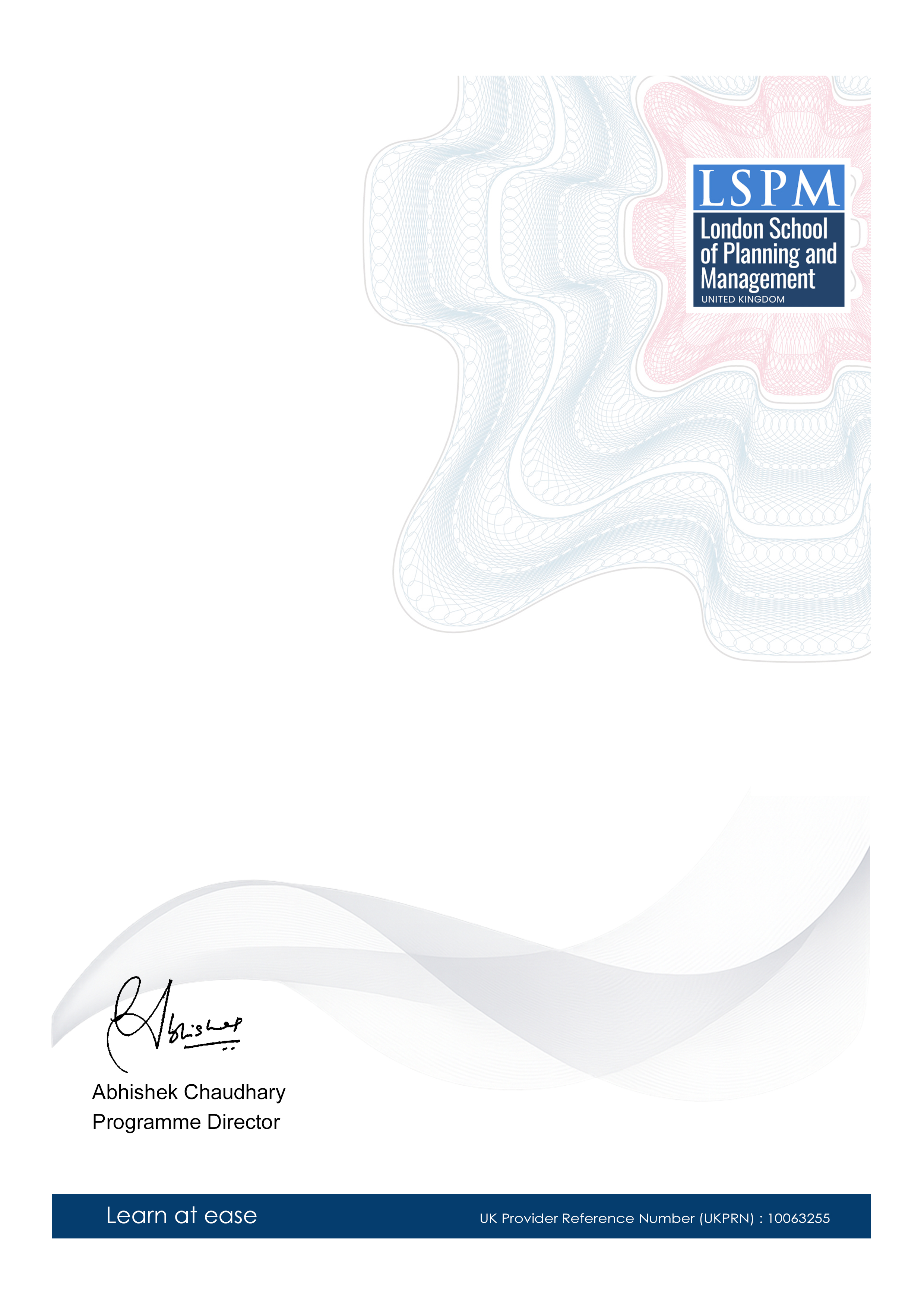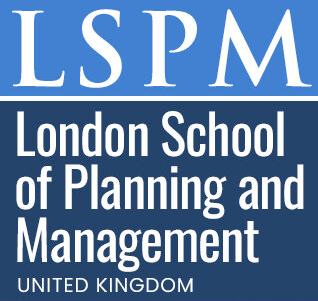Career Advancement Programme in Pharmaceutical Drug Safety
-- viewing nowThe Career Advancement Programme in Pharmaceutical Drug Safety is designed for professionals seeking to enhance their knowledge and skills in drug safety. The programme covers key aspects of pharmaceutical regulation, risk management, and adverse event reporting.
4,697+
Students enrolled
GBP £ 149
GBP £ 215
Save 44% with our special offer
About this course
100% online
Learn from anywhere
Shareable certificate
Add to your LinkedIn profile
2 months to complete
at 2-3 hours a week
Start anytime
No waiting period
Course details
• Pharmacology: This unit provides an understanding of the principles of drug action, pharmacodynamics, and pharmacokinetics, which are essential for evaluating drug safety.
• Toxicology: This unit covers the study of adverse effects of drugs on living organisms, including humans. It is crucial for identifying potential risks associated with drug use and developing strategies to minimize them.
• Pharmacovigilance: This unit focuses on the monitoring and reporting of adverse drug reactions and events. It involves collecting, analyzing, and communicating safety information to ensure the appropriate use of drugs.
• Regulatory Affairs: This unit provides an overview of the regulatory framework governing drug development and marketing. It covers the submission process, regulatory requirements, and guidelines for drug safety evaluation.
• Clinical Research: This unit provides training in conducting clinical trials, including study design, data collection, analysis, and interpretation. It is essential for evaluating drug safety in human subjects.
• Biostatistics: This unit covers the application of statistical methods in clinical research, including the design and analysis of clinical trials. It is crucial for interpreting and communicating drug safety data.
• Epidemiology: This unit focuses on the study of the distribution and determinants of health-related states and events, including adverse drug reactions. It is essential for identifying patterns and trends in drug safety.
• Drug Metabolism and Pharmacokinetics: This unit provides an understanding of how drugs are absorbed, distributed, metabolized, and eliminated from the body. It is crucial for predicting drug-drug interactions and evaluating drug safety.
• Quality Assurance and Quality Control: This unit covers the principles and practices of ensuring the quality of drugs, including their safety, efficacy, and purity. It is essential for maintaining the quality of pharmaceutical products and ensuring patient safety.
Career path
Career Advancement Programme in Pharmaceutical Drug Safety
Job Market Trends
The pharmaceutical industry is rapidly growing, and drug safety is becoming increasingly important. As a result, there is a high demand for professionals in this field, with job opportunities across various sectors such as research, development, regulatory affairs, and quality assurance.
Salary Ranges
Salaries in the pharmaceutical drug safety field vary depending on experience, qualifications, and location. However, on average, professionals in this field earn competitive salaries compared to other industries.
Skill Demand
Skills in areas such as regulatory affairs, risk management, and data analysis are highly sought after in the pharmaceutical drug safety field. Professionals with these skills are likely to have better job prospects and earning potential.
Entry requirements
- Basic understanding of the subject matter
- Proficiency in English language
- Computer and internet access
- Basic computer skills
- Dedication to complete the course
No prior formal qualifications required. Course designed for accessibility.
Course status
This course provides practical knowledge and skills for professional development. It is:
- Not accredited by a recognized body
- Not regulated by an authorized institution
- Complementary to formal qualifications
You'll receive a certificate of completion upon successfully finishing the course.
Why people choose us for their career
Loading reviews...
Frequently Asked Questions
Course fee
- 3-4 hours per week
- Early certificate delivery
- Open enrollment - start anytime
- 2-3 hours per week
- Regular certificate delivery
- Open enrollment - start anytime
- Full course access
- Digital certificate
- Course materials
Get course information
Earn a career certificate

